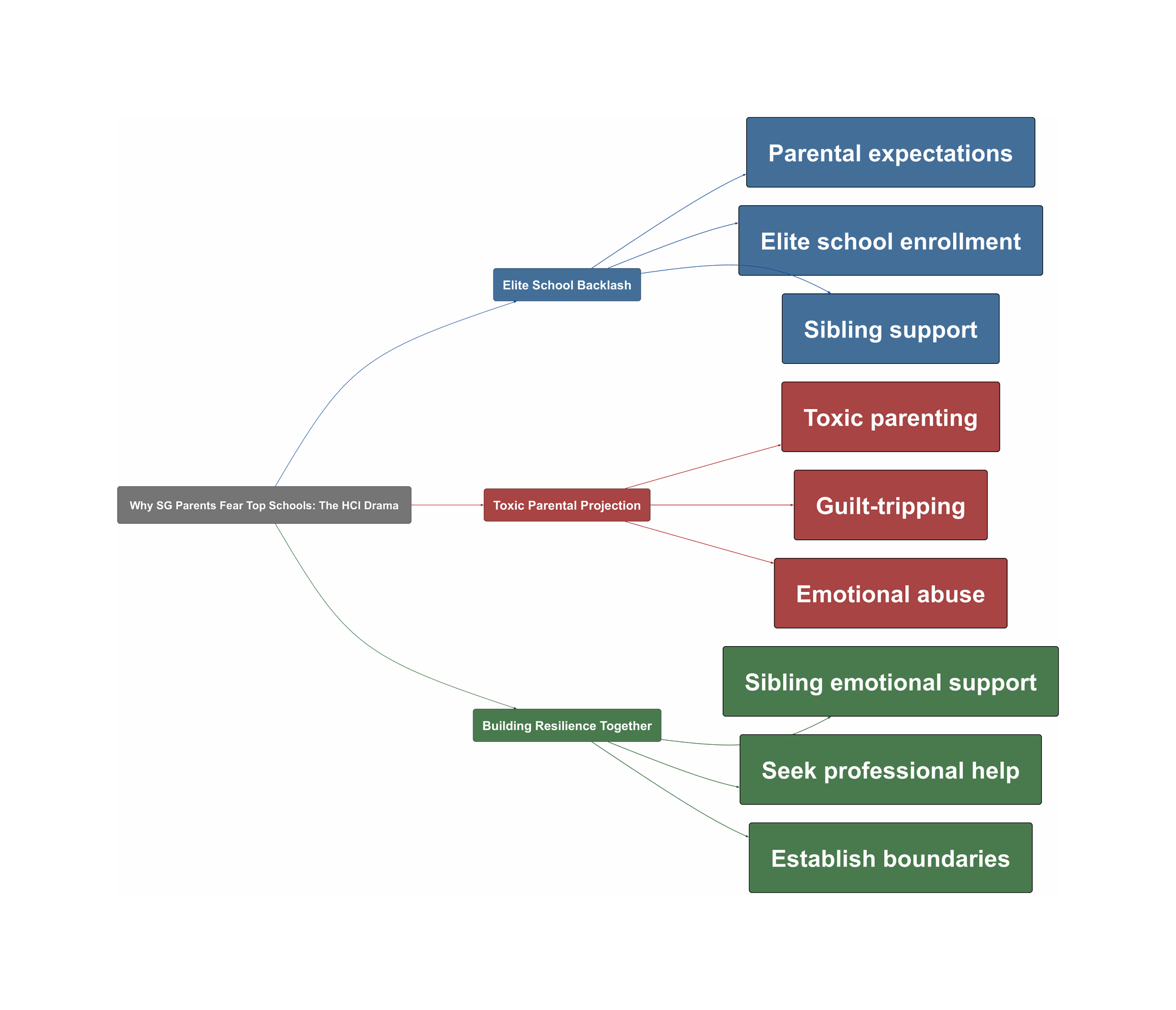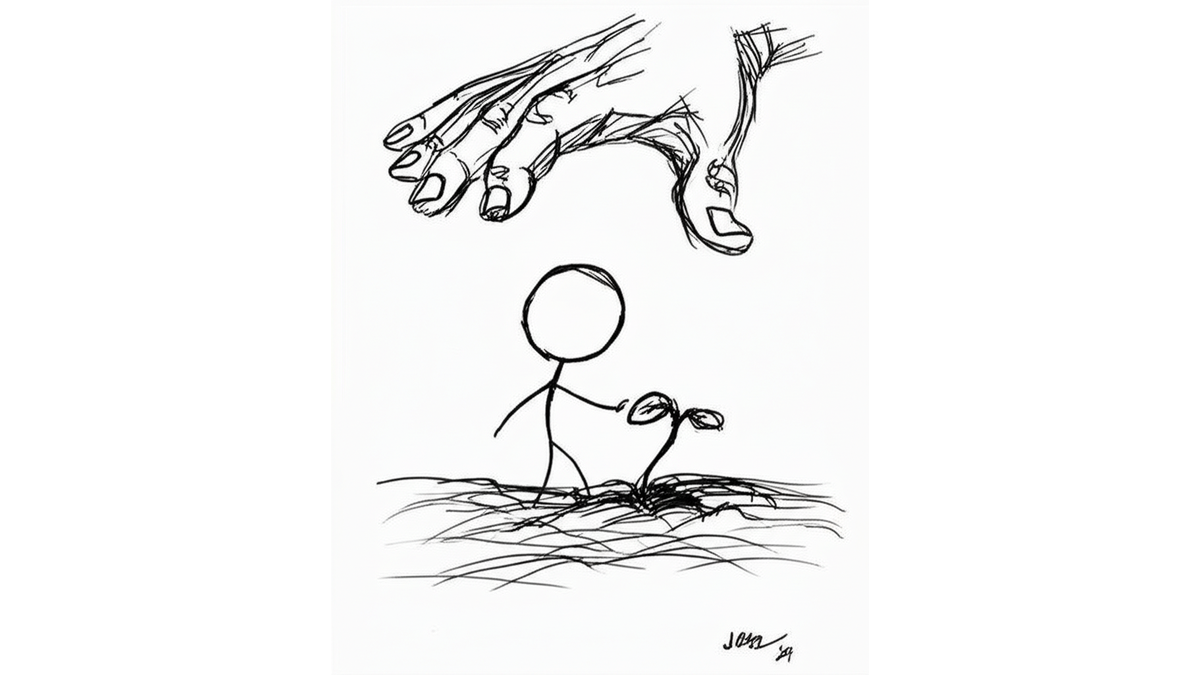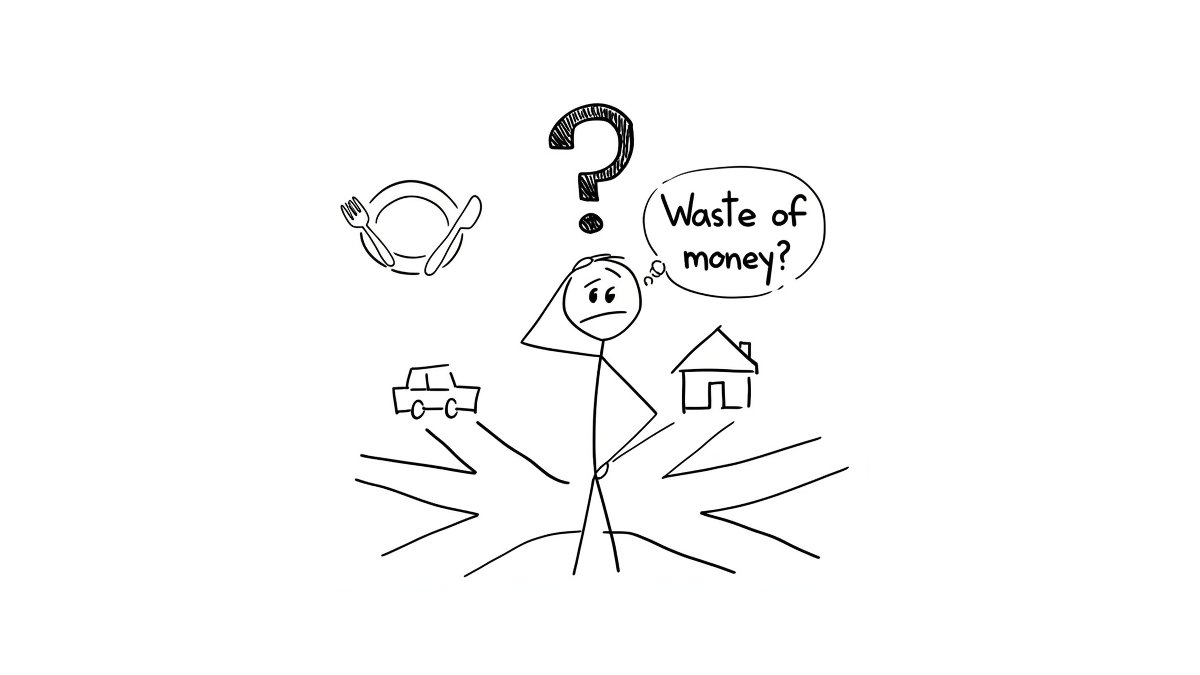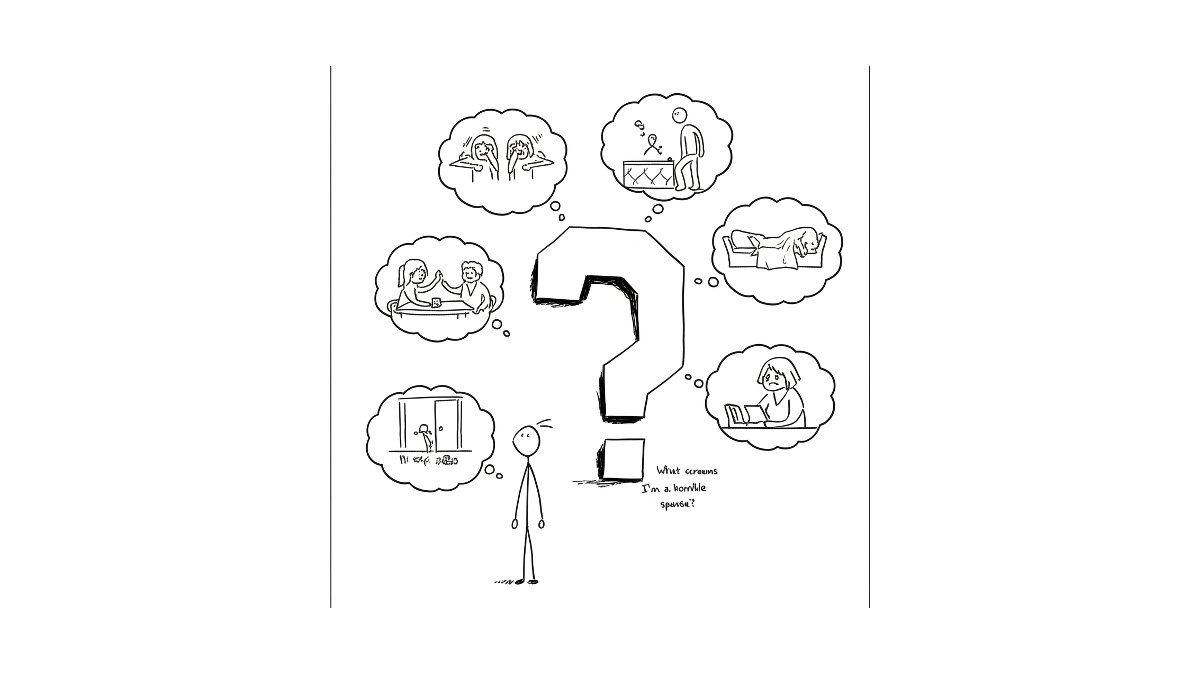We often hear about Singaporean parents pushing their kids relentlessly for elite schools, right? The pressure to excel, to get into the ‘best’ institutions like Hwa Chong Institution (HCI), is a common narrative here. But what happens when the tables turn, and parents actively discourage their child from attending a top institution they’ve worked hard to get into? This isn’t just about academic choices; it’s about deep-seated family dynamics playing out in a uniquely Singaporean context.
Elite School Backlash
In a surprising twist to the usual Singaporean narrative, one Reddit user shared their family’s explosive reaction when their younger brother got into HCI. Instead of celebration, the news was met with anger and accusations. This incident highlights a less discussed side of parental pressure in Singapore – the fear of success or the imposition of past struggles onto children. It’s an anomaly where parents seem to actively discourage their child from pursuing a path often considered the pinnacle of academic achievement.
“For the first time in my life , I see Asian parents not wanting their kids to go to elite school.”
This situation challenges the common perception that all Singaporean parents desire their children to attend top schools. It reveals a complex interplay of fear, control, and a misguided sense of protection, where parents believe their children are too ‘weak’ or ‘ungrateful’ to handle the rigours of an elite environment.
“I mean, what kind of parent would actively discurage their child from going to a top school?”
Toxic Parental Projection
The core of this family drama lies in what many Reddit users identified as a “suffer like us” mentality. The parents’ reaction wasn’t just disappointment; it was a torrent of guilt-tripping and emotional abuse, tearing down the child’s self-worth. Phrases like “You cannot even speak up for yourself. How you going to survive in a top school?” reveal a deep-seated desire to project their own past traumas and perceived weaknesses onto their children. This approach, often rooted in their own difficult upbringings, creates a toxic cycle where parents inadvertently sabotage their children’s growth, believing hardship builds character, even if it means reliving their own pain.
“Im so fucking fed up with this “u must suffer like us” mentality. What the fuck is that. Who doesnt want the best for their child.”
This dynamic creates immense stress, especially for the child at the receiving end, who is left feeling helpless and confused. It’s a painful contradiction where parental ‘love’ manifests as destructive criticism, hindering rather than fostering potential.
“this is a cycle that is extremely abusive and i might go so far as to say your parents are exhibiting extremely narcissistic behaviour”
Building Resilience Together
Navigating such a challenging family environment requires immense strength and strategic support. The Reddit community rallied behind the older sibling, commending their courage in standing up for their brother. Their actions highlight the critical role of sibling support in counteracting toxic parental dynamics. For those facing similar situations, community-tested strategies focus on emotional resilience and seeking external help.
- Prioritise sibling support: Comfort and reassure your sibling that their worth isn’t defined by parental harshness.
“comfort ur brother pls ik u feel like shit but he prolly feels worse and feel like he’a the cause of it, reassure him its ur toxic af parents and not him so he wont blame himself for this mess”
- Seek professional help: For cycles of abuse or narcissistic behaviour, engaging with a professional adult or counsellor can provide crucial guidance and a safe space.
“i really suggest you’ll have to speak with a professional adult on this because this is a cycle that is extremely abusive”
- Establish clear boundaries: Encourage the affected child to seek advice from trusted sources like teachers, counsellors, or supportive family members instead of relying on unsupportive parents for school-related stress.
“make a pact with your brother so that he only asks you or HCI teachers/counsellors for advice if he ever faces stress there.”
Ultimately, fostering a supportive environment, even if it’s outside the immediate parental unit, is key to helping children thrive despite difficult home circumstances. It’s about empowering them to flourish and become their best selves, proving their ‘biggest ops’ wrong.





